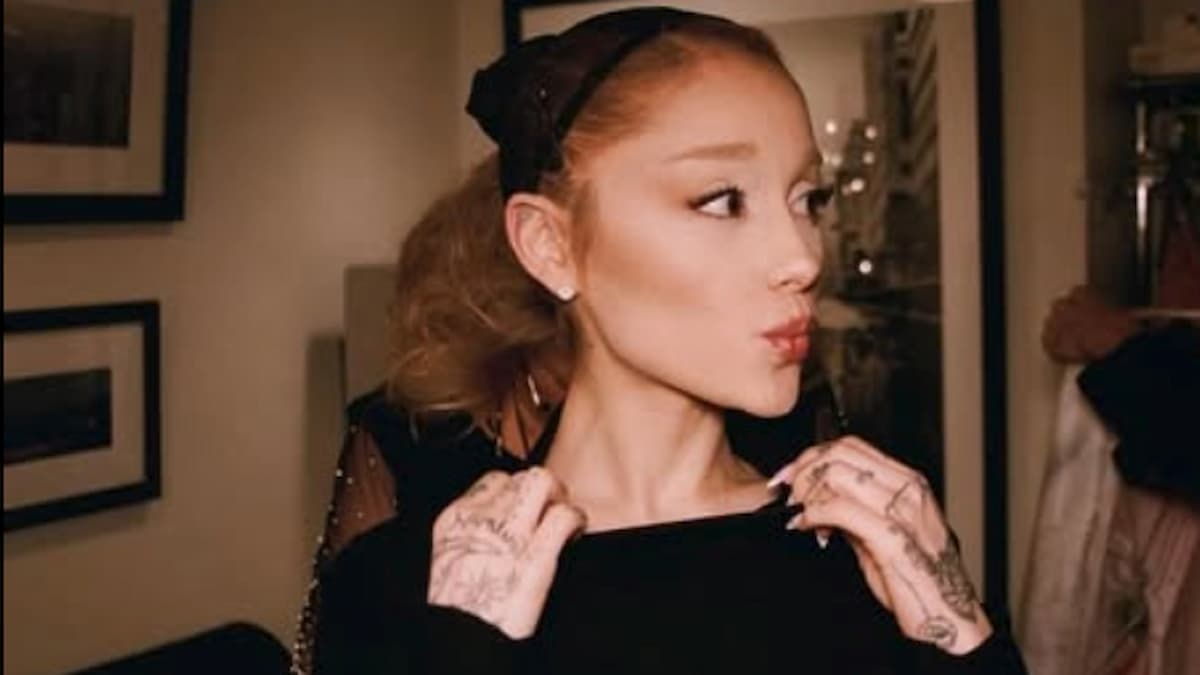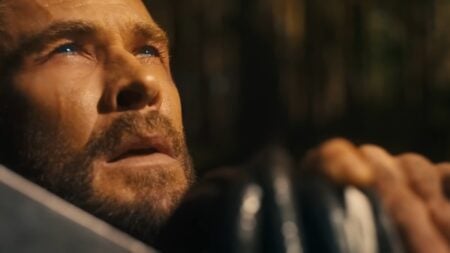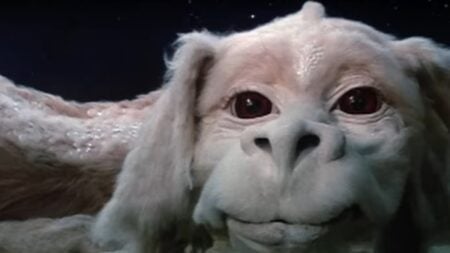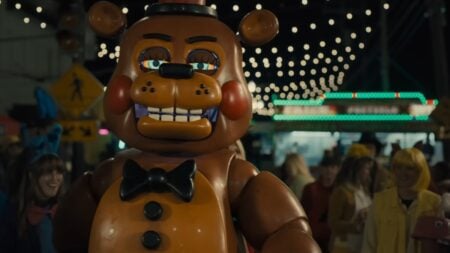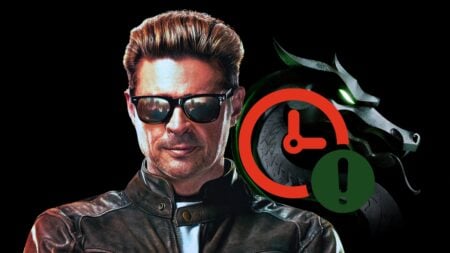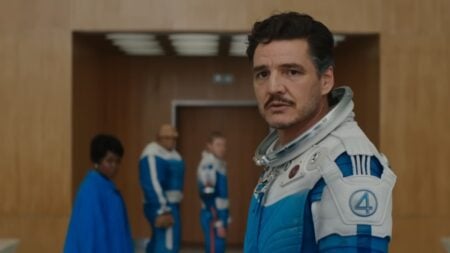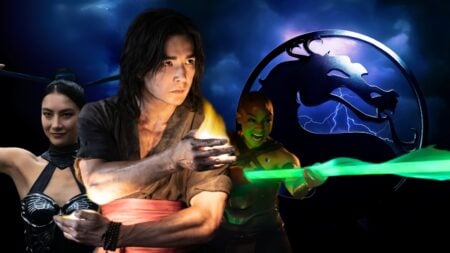Skip To...
Adam McKay, known for his sharp social commentary in The Big Short, recently stirred public discourse with a prediction. The iconic Broadway musical Wicked might face censorship or outright bans within the next few years. McKay’s statement, while startling, shines a spotlight on the growing intersection of politics, culture, and entertainment in today’s society. Wicked has enchanted audiences for over two decades with its story of misunderstood witches, friendship, and defiance against systemic prejudice. Beneath its dazzling musical numbers and magical set pieces lies a narrative about individuality, challenging authority, and embracing differences.
McKay’s comments come at a time when books, films, and theatrical productions increasingly find themselves under scrutiny for their themes. Across the United States, conservative groups have ramped up efforts to ban or restrict works that conflict with traditional values. What once seemed unthinkable—censorship of cherished, mainstream entertainment—has now become a looming possibility. At its core, Wicked challenges the idea of simple good-versus-evil narratives. Its central character, Elphaba, is ostracized for her green skin and bold ideals despite her good intentions.
This storyline has resonated with audiences who see parallels in societal biases and the vilification of those who don’t conform. But in today’s polarized world, even these symbolic tales risk being branded as promoting “divisive” or “woke” ideologies. Similar cultural battles have unfolded elsewhere. To Kill a Mockingbird and The Bluest Eye have faced school bans because they explored race, history, and trauma. Films and shows that include LGBTQ+ representation have sparked outrage among conservative critics.
Adam McKay’s Predictions Are Scary
His prediction reflects a broader fear: no work is immune from becoming a casualty, no matter how beloved. They will be banned if people in higher places think they deserve to be, without question. He meant this when he said, “On a pure storytelling level, ‘Wicked Part 1’ is right up there.” Additionally, he called the film “one of the most radical big studio Hollywood movies ever made.” However, this radicality that the movie centers on, will leave it at risk for an outright ban.
The potential censorship of Wicked represents more than just an attack on a single piece of art. It indicates a broader effort to control narratives and limit the diversity of voices in storytelling. Entertainment has reflected societal change for decades, pushing audiences to consider new perspectives and empathize with others. Restricting access to such works could have lasting repercussions. When art gets filtered through the lens of political agendas, society will risk losing vital discussions about identity and oppression.
Are His Concerns Are Valid?
The film’s first part premiered on November 22, 2024, and fans trooped in numbers to the cinemas to see it. It featured iconic stars like Ariana Grande as Glinda and Cynthia Erivo as Elphaba. Other amazing stars in the movie include Jonathan Bailey, Michelle Yeoh, Peter Dinklage, Ethan Slater, Keala Settle, and many more. The film is a musical fantasy that portrays how easily society can misunderstand someone, ergo, Elphaba, for her green skin. According to Google reviews, the musical ranks 88% on Rotten Tomatoes, nine on Screen Rant, and eight on IMDB.
Adam McKay’s comments may seem alarming but reveal an essential truth. The stories we tell and preserve reflect the values we champion. Whether Wicked faces bans or continues to thrive will depend on how society manages the balance between art and personal ideas.
“What’s really striking about ‘Wicked Part 1’ is that it’s coming out NOW when America has never been more right-wing and propagandized. And yes, I know the theatrical production and the book are much older, so part of the timing is a coincidence, but still…,” he wrote.

